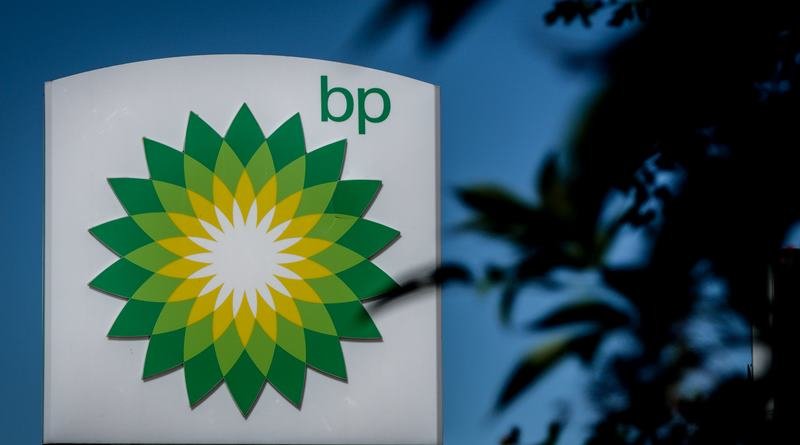bp Marine, part of bp’s trading and shipping business, has entered into a long-term supply agreement with integrated transport company StraitNZ, which includes the supply of marine biofuels in the port of Wellington.
StraitNZ’s network includes Bluebridge Cook Strait Ferries that connects the north and south islands between Wellington and Picton with 50 freight and passenger voyages a week.
“This is the first of its kind for the Port of Wellington,” said global head of bp Marine, Eddie Gauci. “bp is making a major investment across our Wellington Terminal network, in preparation for the introduction of marine biofuel blends.”
“Biofuels have a vital role in decarbonising transport, including in the marine sector.”
“We are thrilled to be working with StraitNZ because they want to play their part in helping the world get to net zero by decarbonising their fleet, and with the marine biofuel blend bp will be supplying, we can help them do that.”
Bioenergy is one of bp’s five transition growth engines, and bp aims to produce around 100,000 barrels of biofuels per day globally by 2030.
bp Marine’s new Wellington offer will comprise the supply of marine fuels by barge, including the region’s first bio-VLSFO, to its customers from early 2024.
The fuel will include a 24% Used Cooking Oil Methyl Ester (UCOME) biofuel blended with very low sulphur fuel oil (VLSFO). The UCOME component is certified by the International Sustainability & Carbon Certification System (ISCC), an internationally recognised certification scheme for biobased materials.
This blend of biofuel is estimated to help reduce lifecycle carbon dioxide emissions associated with the fuel by up to 20% compared to standard marine fuel oil equivalents.
The International Sustainability & Carbon Certification System (ISCC) is a leading multistakeholder certification scheme for biobased materials. This certification requires that sustainability criteria are followed throughout the supply chain – including the tracing of the waste feedstock from point of generation, through processing, transportation, and delivery of the final biofuel.
Source bp Marine

